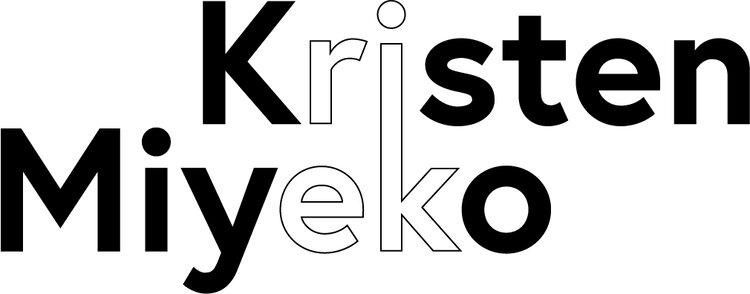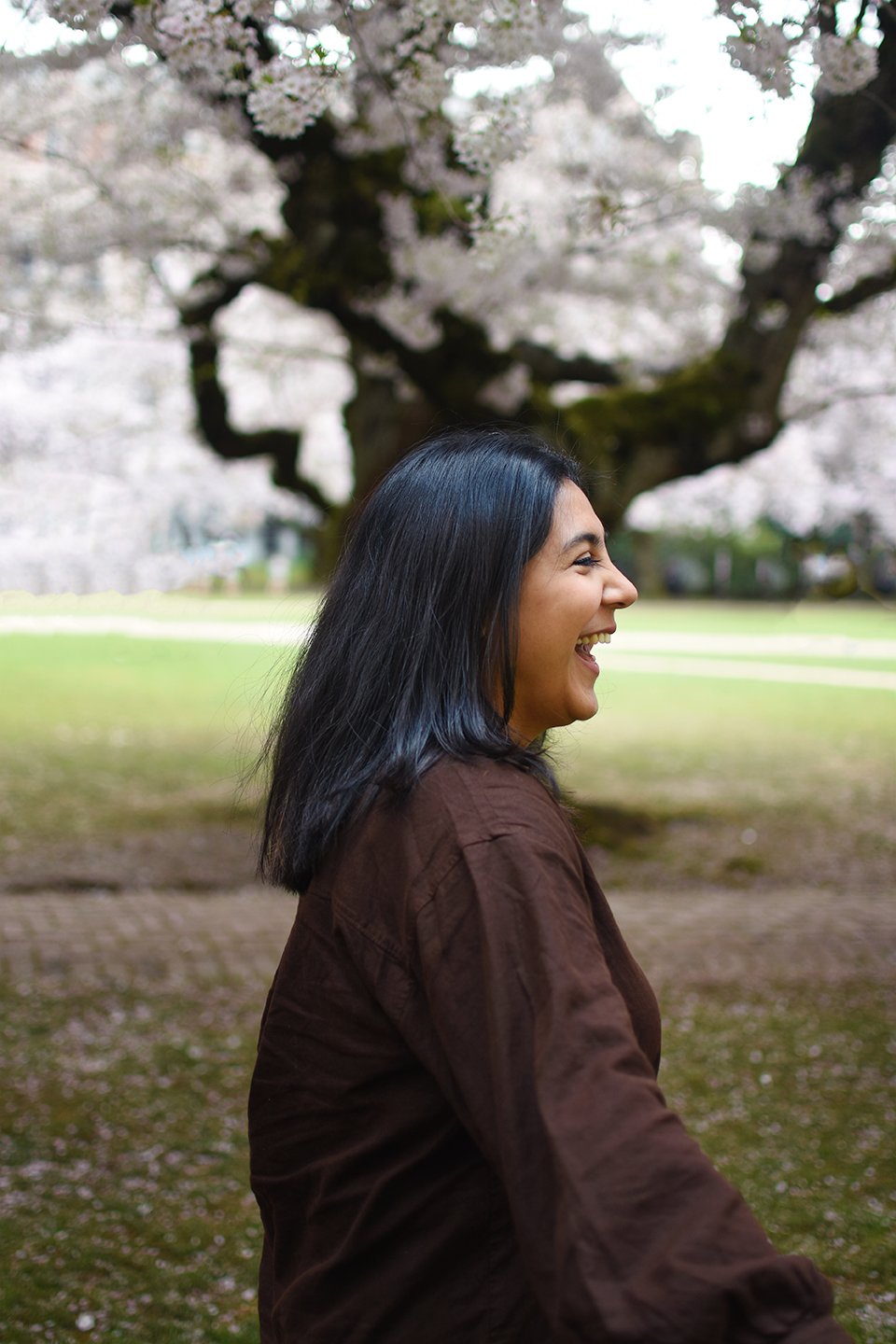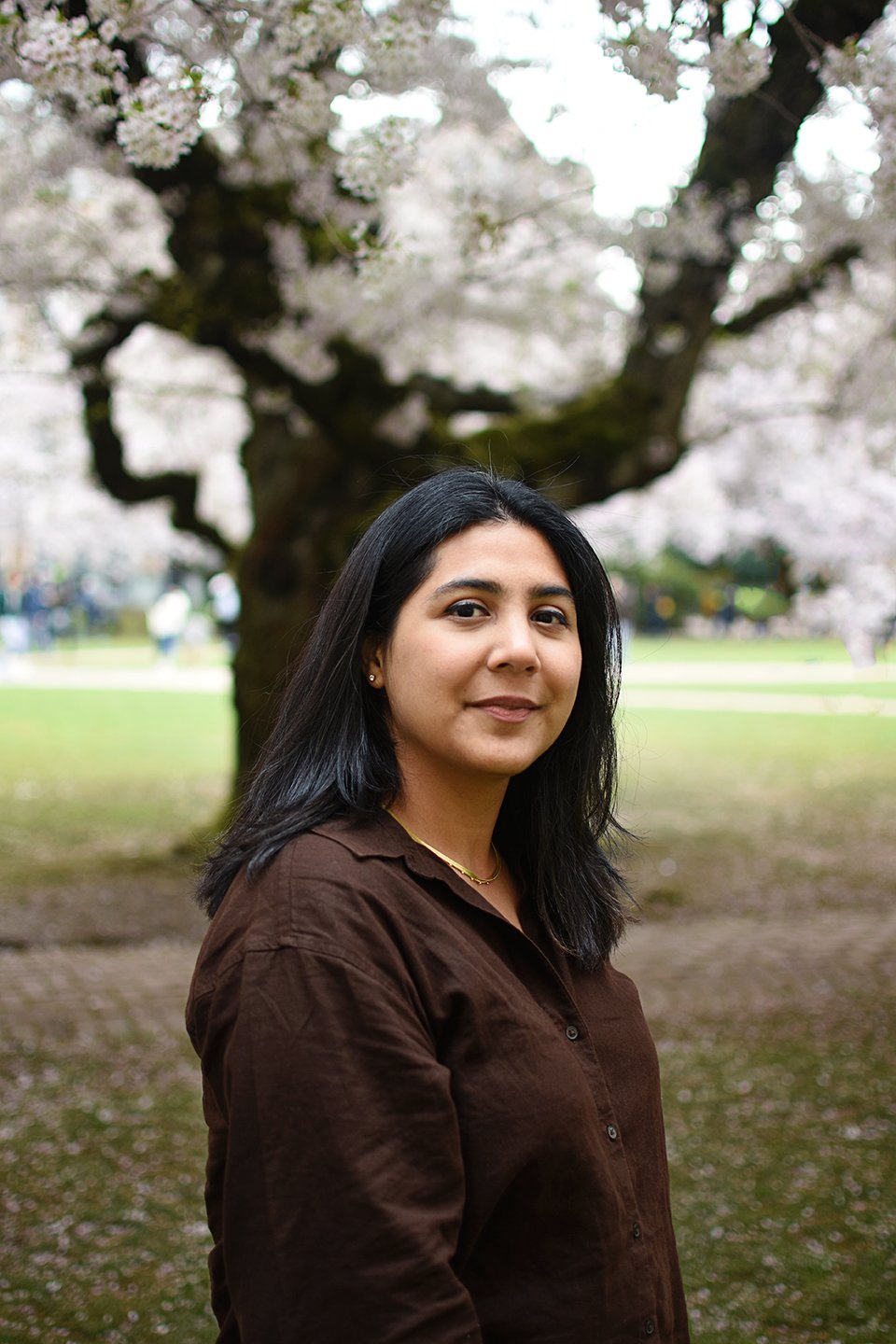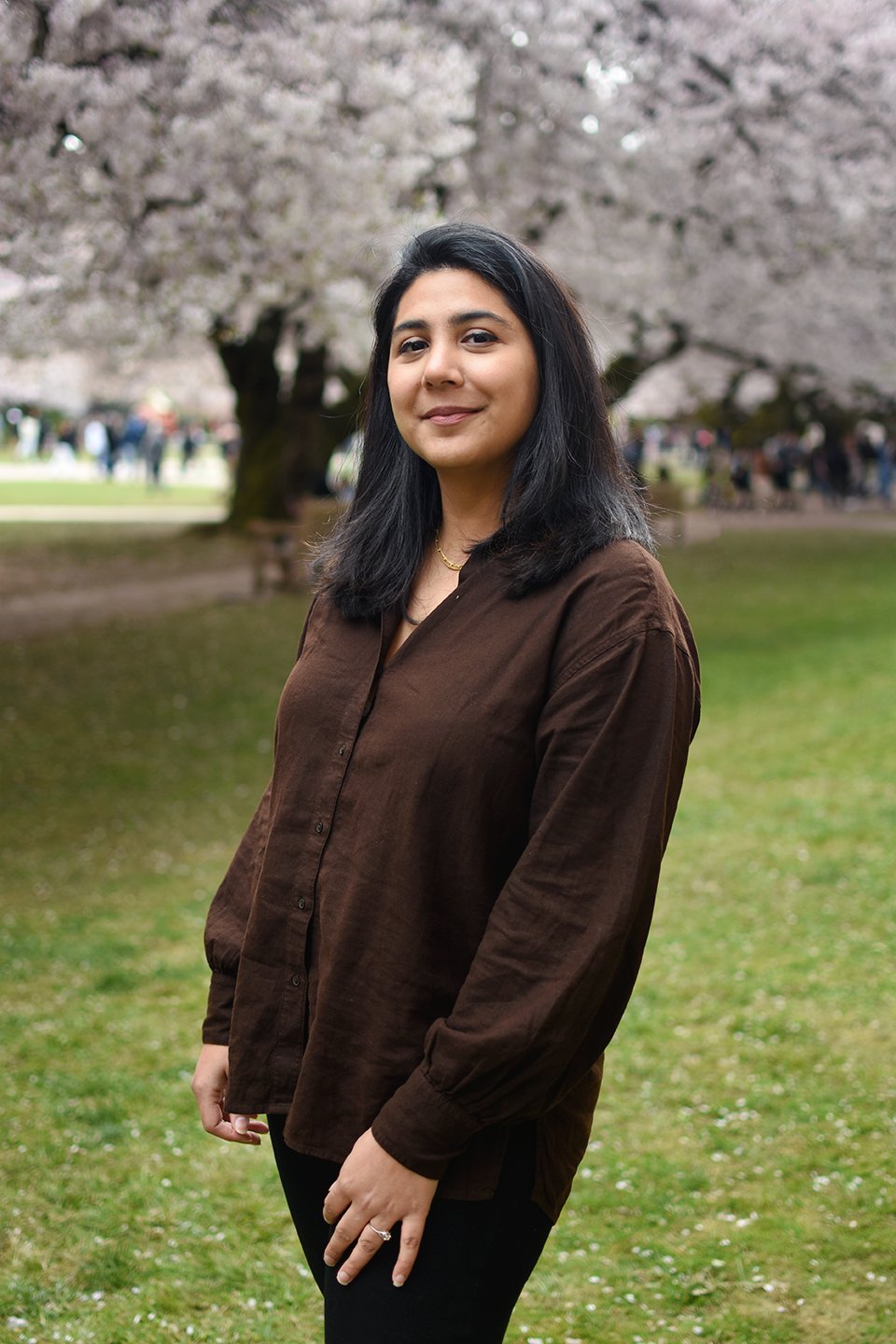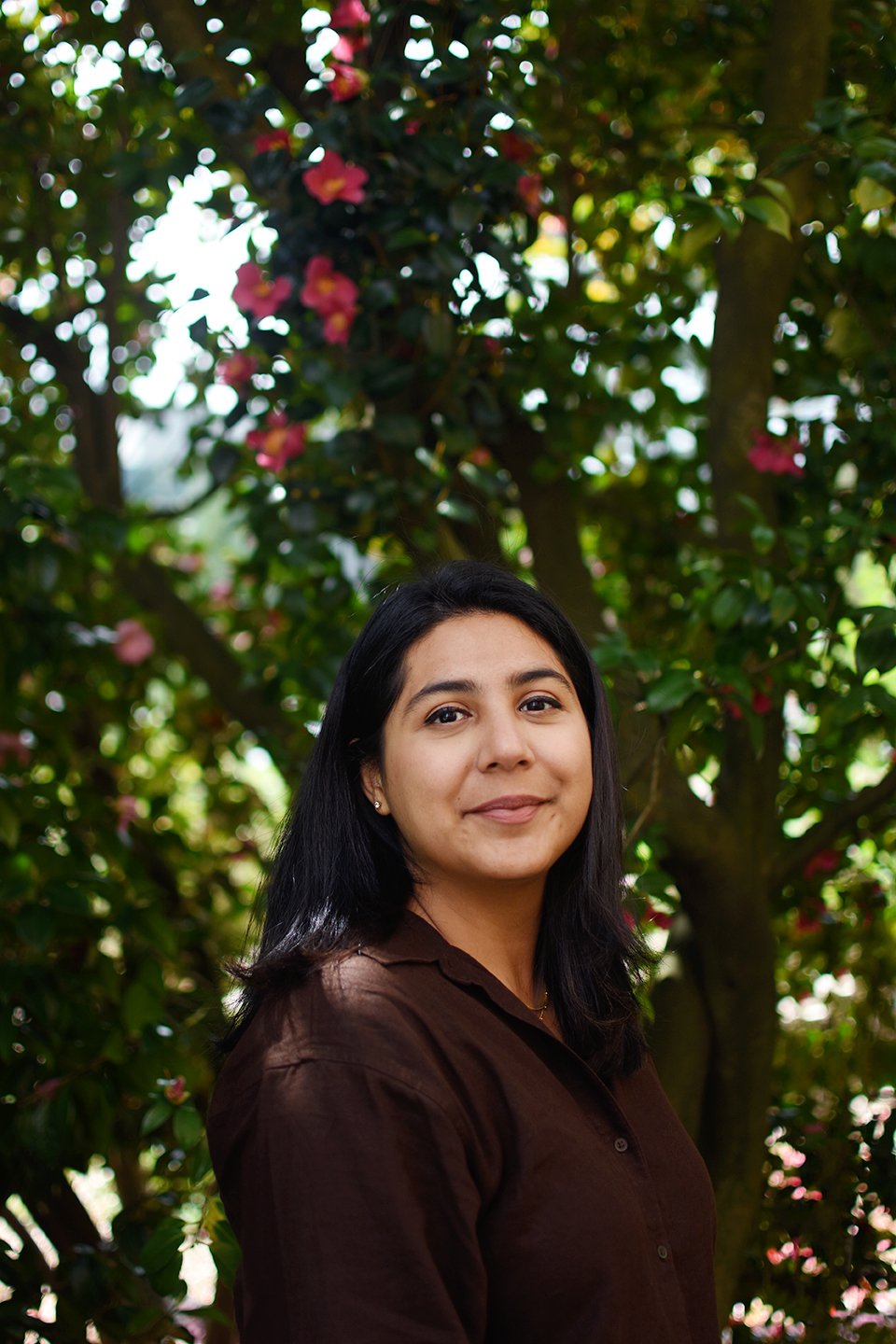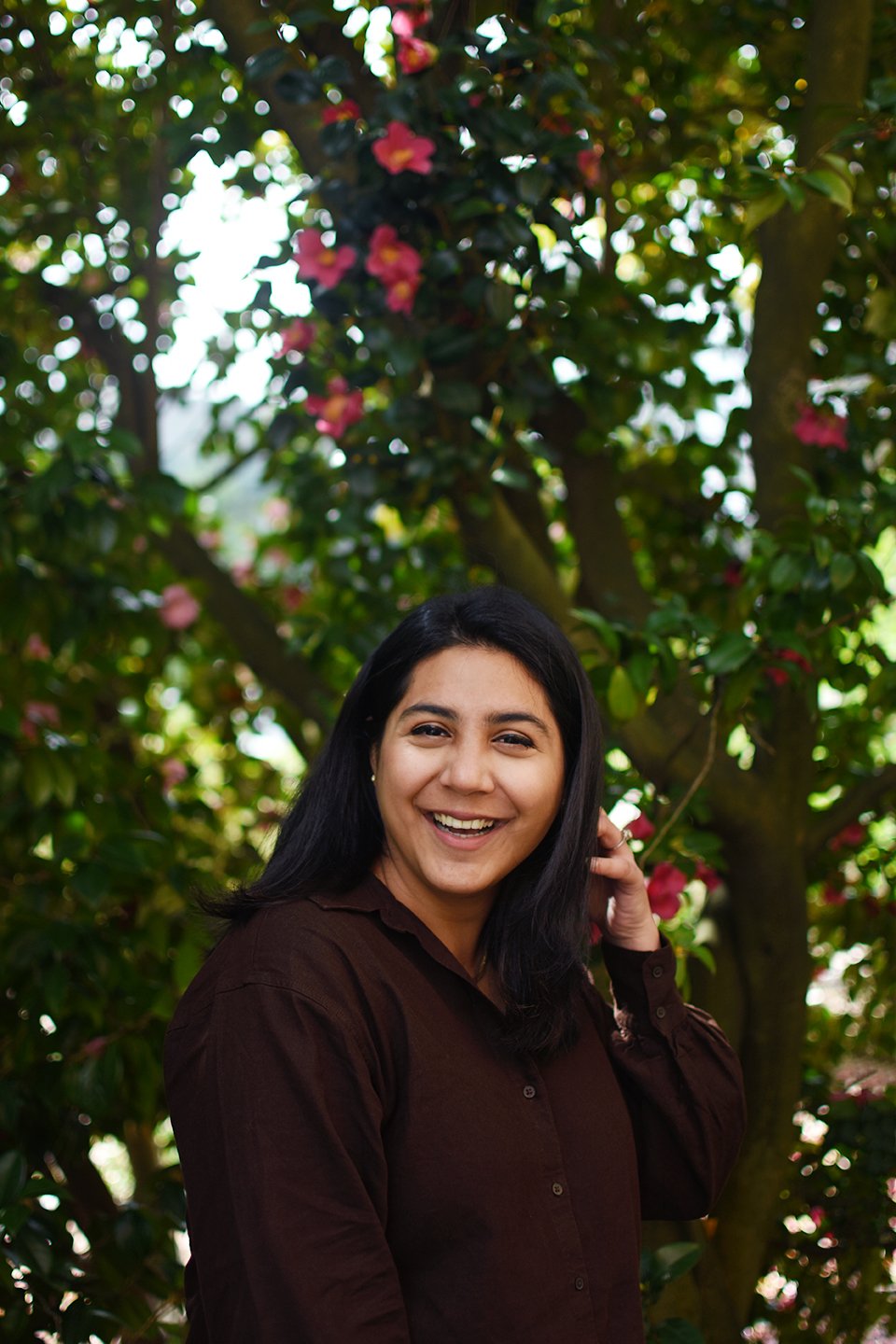How does family shape your perception of strength? Throughout my life, my mother has been a constant source of inspiration, providing me with guidance and support whenever I faced any challenges or stressful situations. Whenever I needed to talk or just be around someone, I found comfort in her presence, and her calming influence helped me see the bigger picture and not get bogged down by the little things. Looking back, I realize that this feeling of calmness and resilience that I experienced all those years was a result of her strength. She always encouraged us to do our best, stay positive, and not worry about things that we cannot control. Her unwavering faith and conviction that everything will work out has been a guiding light for me.
How does your culture shape your perception of strength? Growing up in Pakistan, I was immersed in a culture that placed a strong emphasis on collectivism and community. The idea of being strong was often intertwined with the concept of sacrificing one's own needs for the betterment of others. I witnessed this firsthand in my father, who always put others before himself, whether it was paying for a family member's medical bills or supporting someone's education. The practice of distributing food and groceries to the less fortunate was also common, and there was a strong sense of paying it forward and finding strength in acts of kindness. It helped instill in me a deep sense of empathy and compassion towards others.
How have your trials made you stronger? Moving to the US with my twins for my husband's education was undoubtedly one of the most challenging times in my life. I had to leave behind everything I knew and deal with the added stress of assimilation and isolation due to the Covid pandemic. However, despite the difficulties, I am proud to say that I emerged from this experience stronger than ever. Through it all, I learned how to be self-sufficient and care for my children without the help of a support system. I found solace in the little things, such as taking walks around the neighborhood and perfecting family recipes to ease my homesickness. It gave me a newfound sense of independence and resilience as I worked to reimagine my career in a new country. I took small steps each day towards achieving my goals and, looking back, I see this as a crucial period of growth and strength that helped shape me into the person I am today.
Ansa’s Intentional Act of Kindness
How did you use the $100? I spent $80 on making a care package for my friend who's been going through a really tough time with her daughter's health issues and frequent hospital stays. I wanted to show her some support and brighten her day. The remaining $20 went towards a Starbucks gift card for my brother-in-law, who's been a rock for our family, always there to lend a hand or babysit the kids when we need him.
My friend has been on my mind a lot lately, and I wanted to do something special to let her know I care. She's such a strong and positive person, even in the face of adversity, and I admire that about her. As for my brother-in-law, he's like our own personal village here in Seattle, always looking out for us and spoiling the kids. I thought a little thank you in the form of a coffee gift card would be the perfect way to show him our appreciation.
What was the 'Intentional Act of Kindness' process like for you? It was actually really satisfying, and it made me want to do more of these little acts of kindness. I realized how often I think about doing something nice for someone, but then life gets in the way, and I never actually follow through. This experience reminded me how important it is to make intentional kindness a priority in my life.
